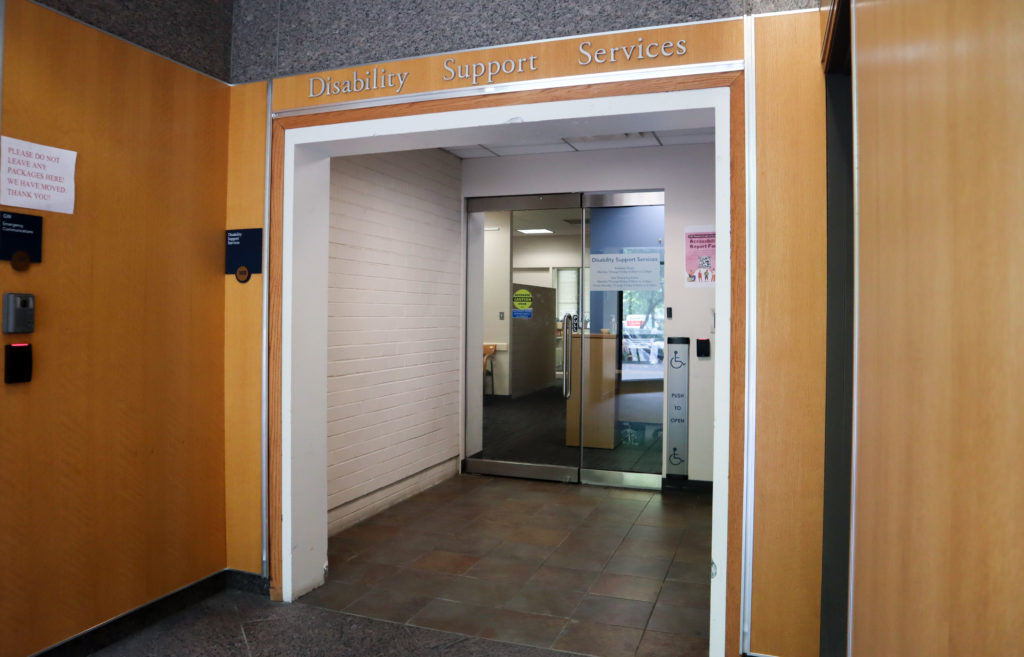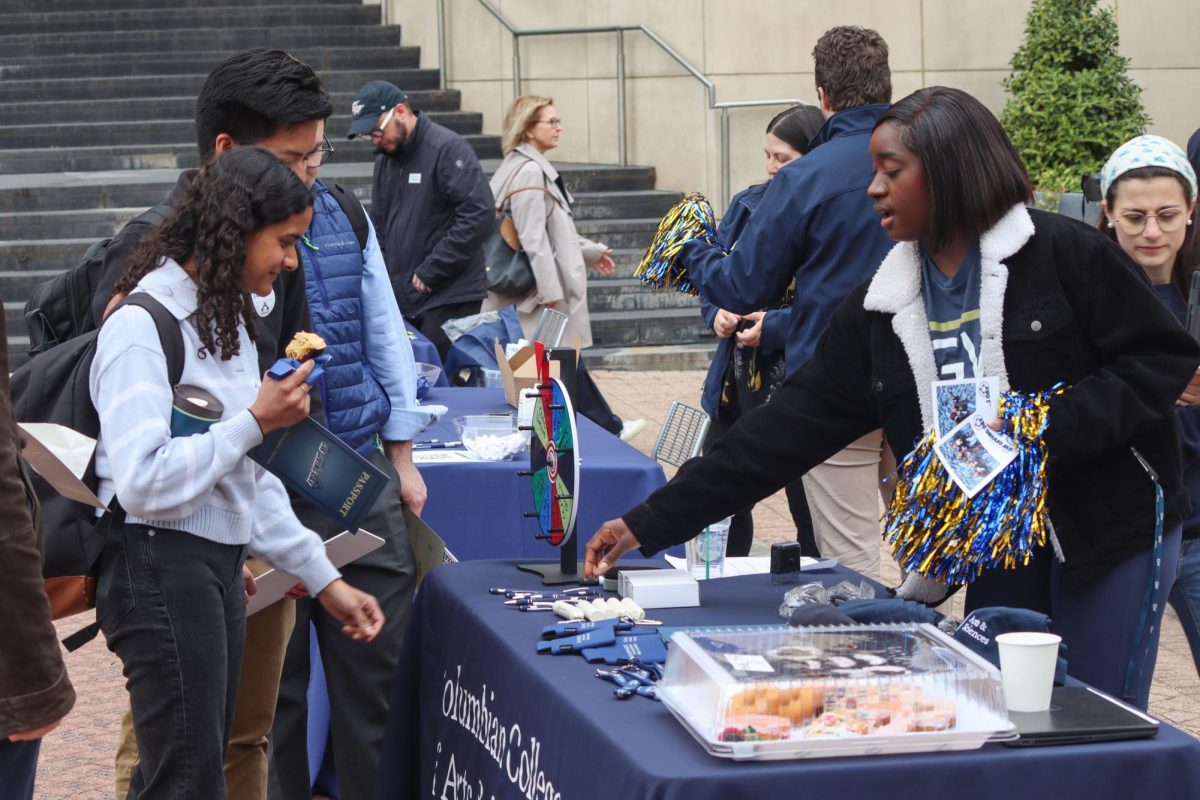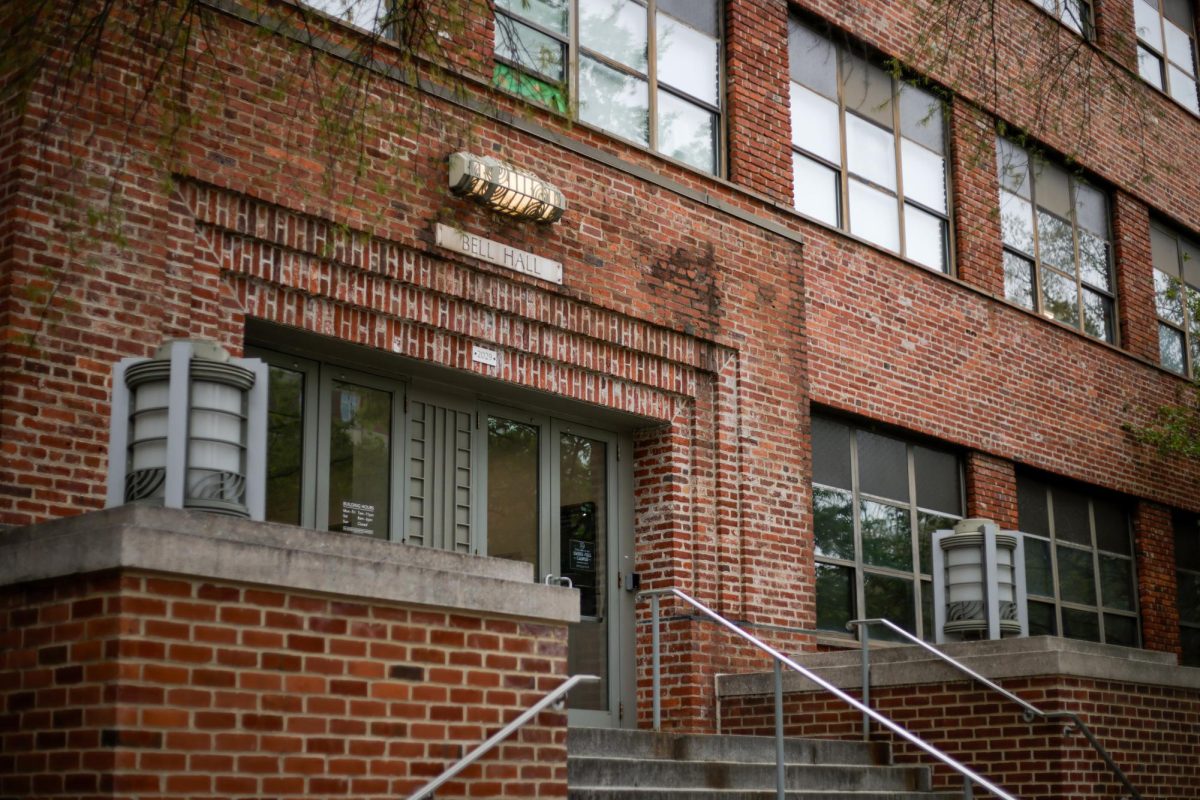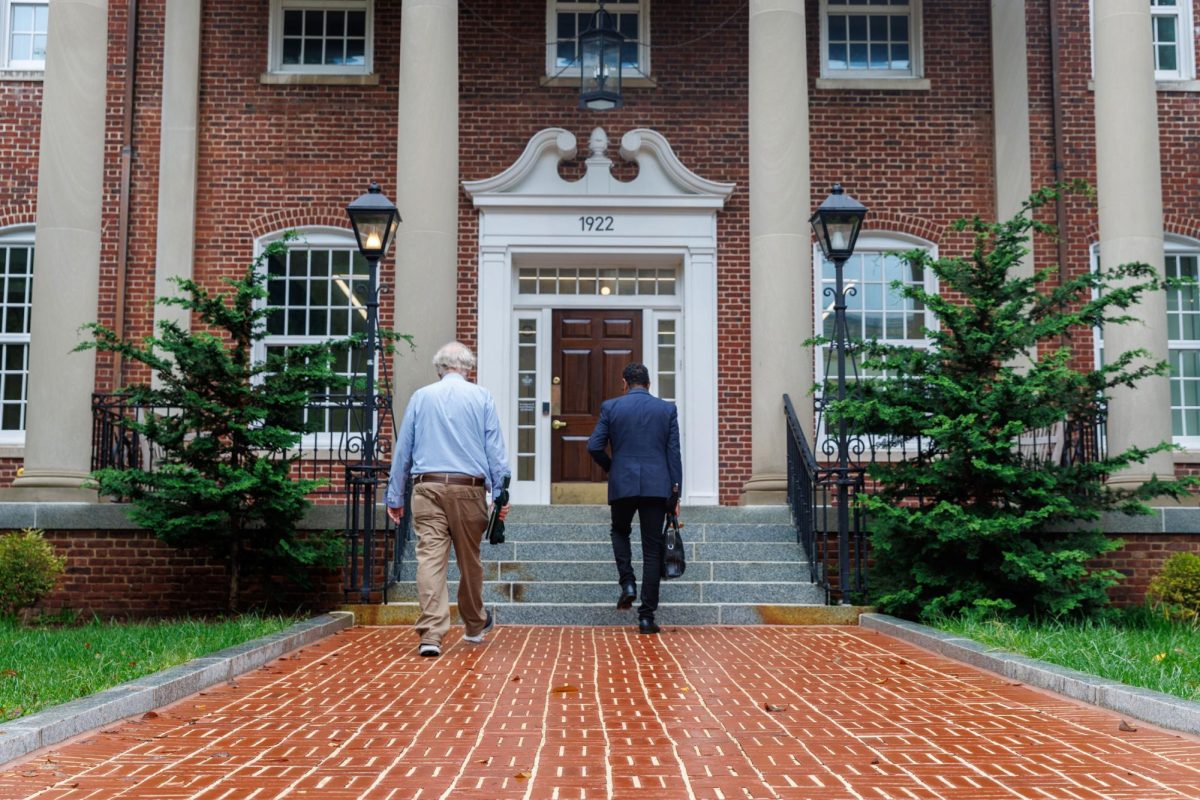About half of Disability Support Services staff have left the unit during the past four years after struggling with low staffing and increased work responsibilities.
DSS, which provides classroom accommodations and assistive technology for students with disabilities, employs five fewer employees than four years ago, dropping from 11 staffers in the 2018-19 academic year to six staffers in the 2022-23 academic year, according to web archives. Former DSS employees said they left the office because they felt strained by a “low” budget for the unit and an extension of interpreter responsibilities after leadership turnover, causing incompatibilities between expectations from management and staff’s personal needs.
The University employed two part-time American Sign Language interpreters for at least eight years, but both left in 2022, leaving no permanent ASL interpreters at GW for the 2022-23 academic year, according to the DSS website. Web archives show that DSS officials employed a business manager and executive associate in the 2018-19 academic year, but the positions no longer exist as part of DSS after 2019, according to the website.
A former DSS employee, who chose to remain anonymous due to concern of retaliation from their current job, said they left DSS for a job in a different unit at GW for better career growth opportunities, but officials never filled the vacant position. They said their lack of replacement was a “loss” because DSS staff help students understand their legal rights as people with disabilities and how to disclose their disability in situations like the job application process, but it will be more difficult for students to receive those services with less staffing.
“I also didn’t think it was a very supportive office in doing the best we can for our students,” the former DSS employee said. “That was very hard on me personally.”
They said the unit was “overburdened” with little support from officials who did not see the needs of students with disabilities “firsthand” as DSS staff does on a regular basis, so officials did not prioritize strengthening DSS. They said increased staffing and a higher budget could have provided the office with more resources to build relationships with professors and deans, allowing them to work collaboratively to support students with disabilities.
They said they still keep in touch with other former DSS employees because working in a “difficult” environment strengthened their bond.
“We had each other’s backs and continue to,” the former employee said.
University spokesperson Julia Metjian said last month that DSS relocated some staff to “central units” so students could have “equal” access to services from DSS, the Writing Center, the Office of Student Success and Academic Commons. She declined to say if officials plan to expand DSS staffing or how decreased staffing has affected the unit’s operations.
Metjian added that the University employs freelance ASL interpreters, interpreters from ASL agencies and “in-house” interpreters to meet students’ needs.
“The University works closely and collaboratively with students to envision ways to enhance services and resources, and we will continue to assess students’ needs to ensure we best support our community,” Metjian said in a May email.
Cheryl Ringel, a former ASL interpreter for DSS, said while the University now hires freelance interpreters to interpret courses for deaf students, hiring permanent interpreters is more beneficial to students because they are available on short notice and are familiar with the campus. She said she also taught classes on ASL and deaf culture for GW staff throughout her tenure that helped increase non-DSS staff’s understanding of deaf students.
She said permanent interpreters are able to develop knowledge of specific class-related jargon that deaf students learn after attending multiple classes with them, which freelance interpreters may struggle with since they spend less time with students.
If you go through an agency, you might not even get the same interpreter every week, they would try because everybody wants consistency, but you might have different interpreters,” Ringel said.
Ringel said she interpreted for deaf students at GW for 17 years but left the University in 2022 because of changes in her responsibilities after a change in management. Former DSS Director Susan McMenamin left in 2020 to explore different career opportunities, and current DSS Director Maggie Butler replaced McMenamin in 2021.
Ringel said Butler extended Ringel’s work from a nine-month job to a 12-month job to interpret for summer courses but that Ringel struggled to fill her hours over the summer due to lower demand for interpreting services. She said she normally used the summer to do freelance interpreting and spend time with her family, but the change contributed to her leaving the position.
“I really believed I would have retired there,” Ringel said. “I would have stayed however many years it was to retire, and I loved my job.”
Ringel said after she and the other interpreter left the University in 2022, GW put up a job posting for a permanent ASL interpreter, but the position was never filled.
Students said DSS’s low staff numbers and retention rate make it difficult to form relationships with staff who help them navigate their disabilities. They said the staff’s email response times and quality have decreased since 2020 because of the unit’s lack of staffing.
Madison Jennings, the president of the Disabled Students Collective, said she started receiving accommodations for her chronic illness in 2020 and that DSS staff used to respond to her emails about accommodations requests within one to two days. But Jennings said she had to wait longer than one to two days for an email response this academic year.
“If you do get a response, then it may not be like fully addressing the issue that you responded about,” Jennings said.
She said DSS staff and students do not have a “strong” relationship because of low numbers of staff and that increased staffing would increase the ability of DSS to advocate for students with disabilities with more voices in the unit. She said Butler is “thorough” in providing resources for students, but her responsibility to serve the entire student population limits her ability to be “forward-facing.”
Jennings said the lack of DSS employees has created “gaps” in communication with students. She added that a specialized position in DSS focused on student outreach would improve interactions between staff and students.
“The idea of having a familiar face or a familiar person to go to at DSS is really comforting,” Jennings said.
Freshman Jonesy Strell (CCAS-U) said he included expansion of DSS services as a part of his Columbian College of Arts and Sciences Student Association Senate platform after speaking with students that said the “understaffed” unit does not provide adequate support like extra time on tests for all students with disabilities. Strell said DSS granted him extra time on exams but required him to show proof of the disability — a photo of a doctor’s note from 2006 — which DSS staff said would work for the 2022-23 academic year but might not grant him accommodations for the 2023-24 academic year.
“I was just barely able to get extra time accommodations for tests that I needed because of my ADHD and if it wasn’t for that, I would have been academically penalized for having a disability,” Strell said in an email.
He said a larger DSS staff could develop more personal relationships with students than the current staff that does not consistently meet with the same students.
“Seeing different counselors each time a student asks for help from DSS makes it difficult for students to build a relationship with their counselor,” Strell said. “It also makes students hesitant to trust, communicate or open up with DSS counselors.”








